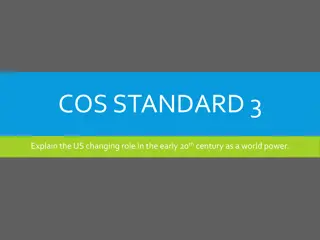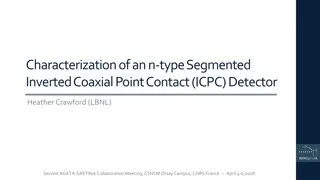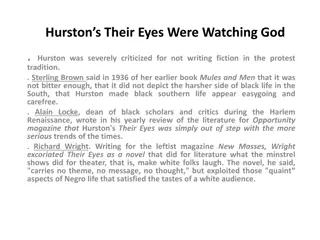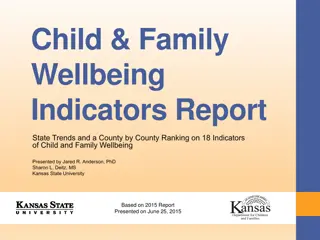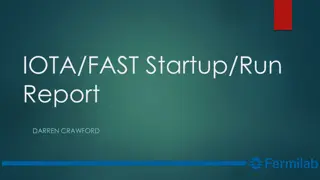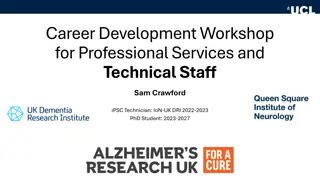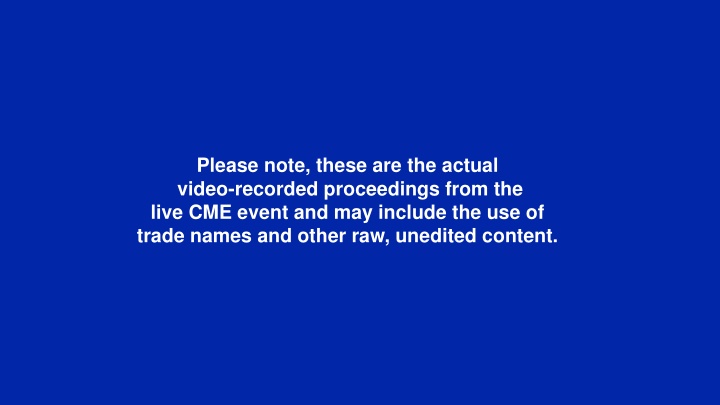
Immunotherapy in Patients with Autoimmune History: Insights from Live CME Event
Explore the impact of immunotherapy on cancer patients with autoimmune history as discussed by Dr. Jeffrey Crawford. Dive into a case study and understand the risks and factors associated with autoimmune disease exacerbation during immune checkpoint therapy.
Download Presentation

Please find below an Image/Link to download the presentation.
The content on the website is provided AS IS for your information and personal use only. It may not be sold, licensed, or shared on other websites without obtaining consent from the author. If you encounter any issues during the download, it is possible that the publisher has removed the file from their server.
You are allowed to download the files provided on this website for personal or commercial use, subject to the condition that they are used lawfully. All files are the property of their respective owners.
The content on the website is provided AS IS for your information and personal use only. It may not be sold, licensed, or shared on other websites without obtaining consent from the author.
E N D
Presentation Transcript
Please note, these are the actual video-recorded proceedings from the live CME event and may include the use of trade names and other raw, unedited content.
Immunotherapy in patients with a history of autoimmune disease or paraneoplastic syndromes in the locally advanced and metastatic settings Jeffrey Crawford, MD George Barth Geller Professor for Research in Cancer Co-Director, Solid Tumor Therapeutics Program Duke Cancer Institute Durham, North Carolina
Case 2 74 year old retired cardiologist from Little Rock, Arkansas Cough for 2 months, mild right sided chest discomfort 15 lb weight loss over 6 months Medical history: CAD, atrial flutter, hypertension, gout and psoriasis, and 50 pack yr, (quit 2002) PE: well appearing, PS1 decreased breath sounds RUL, minimal psoriatic patches on right elbow CT/PET: 10 cm RUL mass, no distant disease Bx squamous cell ca, 90% PDL-1 + EBUS level 7 negative Enrolled on protocol with 2 cycles of preoperative pembrolizumab
Pretreatment Post 2 cycles of Pembrolizumab
After 2nd cycle of Pembro: Flare in psoriasis plaques over trunk and extremities, diffuse erythematous patches over palmar / plantar surfaces of hands and feet Painful bilateral knee effusions, both required arthrocentesis Ongoing tenosynovitis, making walking painful Follow up CT: -reduction in mass from 10 to 7 cm Surgery: RUL/RML bilobectomy 7.5 cm tumor 10% residual viable tumor Marked lymphoid infiltration One 12 R lobar node + 18 other N1/N2 nodes Stage IIIA (T4N1M0) Plan: Adjuvant platinum based chemotherapy per protocol Subsequent adjuvant Pembrolizumab
Questions 1) In a cancer patient with a history of autoimmune disease, what is the likelihood of exacerbation of the disease with immune checkpoint therapy? a) 10% b) 25% c) 50% d) 75% 2) What factor is associated with a lower risk of autoimmune disease exacerbation with checkpoint therapy (CPI)? a) History of inactive disease b) Being on immunosuppressive treatment at start of CPI c) Receiving PDL-1 agent rather than CTLA-4 d) We don t really know
Use of Immune Checkpoint Inhibitors in Cancer Patients with Autoimmune Disease, Paraneoplastic Syndromes, and the Elderly Jeffrey Crawford, MD George Barth Geller Professor for Research in Cancer Co-Program Leader, Solid Tumor Therapeutics Program Duke Cancer Institute
Disclosures Jeffrey Crawford, MD AstraZeneca, Dova, Merck, Pfizer Scientific Advisor Beyond Spring, Celgene, G1 Therapeutics, Janssen, Merrimack, Mylan, Roche DSMB Member Principal Investigator/Institutional Research Funding Amgen, AstraZeneca, Bayer, Genentech
Medicare data linked to SEER database (1992-2009) Increased incidence in early stage, female sex, and older cohorts Khan, Pruitt, Kuran, Gerber. JAMA Oncol. 2016 2(11):1507-1508.
Immune Checkpoint Inhibitors (CPI) in Treatment of Patients with Cancer and Pre-existing Autoimmune Disease Systematic review of case reports, case series, and observational studies 123 patients / 49 publications 92 (75%) had adverse event 61 (50%) exacerbation of autoimmune disease 42 (34%) de novo AE Abdel-Wahab, et al. Ann Intern Med 2018:168:121-130
Immune Checkpoint Inhibitors in Cancer and Preexisting Autoimmune Disease Abdel-Wahab, et al. Ann Intern Med 2018:168:121-130
Summary Exacerbation of Autoimmune Disease as well as De Novo iRAE with immune checkpoint inhibitor therapy are common. AEs were at least as frequent in patients with inactive compared to active disease. AEs improved in more than half of patients without discontinuation of CPI, but there were 3 deaths reported. It is unknown if patients with autoimmune disease on or off immunosuppression therapy derive the same benefit as patients without autoimmune disease.
AFT-42 (In Development) Safety, Activity, and Pharmacology of Nivolumab in Patients with Advanced Non- Small Cell Lung Cancer and Pre-existing Autoimmune Disease Becca Heist, MD, MPH Mass General Hospital Thomas Stinchcombe, MD Duke / Alliance Respiratory Chair
Cohorts of Autoimmune Conditions Cohort 1 Rheumatoid arthritis, psoriasis, giant cell arteritis/polymyalgia rheumatica, Sjogren s, systemic lupus erythematosis Other autoimmune diseases (ulcerative colitis, Crohn s disease, multiple sclerosis). Patients must be discussed with PI prior to enrollment. Cohort 2 Use of validated instruments for assessing and scoring disease activity Rheumatoid arthritis Psoriasis Polymyalgia rheumatica Sjogrens SLE Ulcerative Colitis Crohn s Multiple Sclerosis DAS28 PASI PMR-AS ESSDAI SLEDAI-2000 SSCAI CDAI EDSS
Immune Checkpoint Inhibitor (ICI) Impact on Survival in Older Patients Meta-analysis of 9 randomized trials (n=5265 patients) Subgroup analysis with Age cutoff 65-70 Hazard Ratios PFS OS Younger Older .58 (.40-.84) .77 (.58-1.02) .75 (.68-.82) .73 (.62-.87) Conclusion: a benefit in OS with ICIs was significant in both younger and older patients (safety differences not formally evaluated) Nishijima, Muss, Shachar, Moschos. Cancer Treatment Reviews, Vol. 45, p30 37
Overall Survival by Type of Immune Checkpoint Inhibitor and Tumor p-value for differences in HR Nishijima, Muss, Shachar, Moschos. Cancer Treatment Reviews, Vol. 45, p30 37
Overall Survival for Older Group by Study Hazard Ratios Nishijima, Muss, Shachar, Moschos. Cancer Treatment Reviews, Vol. 45, p30 37
Immune Checkpoint Inhibitors in Cancer Patients with Immune Disorders: Commentary Immune checkpoint inhibitors have been given to cancer patients with a wide range of autoimmune disorders. The majority of patients experienced exacerbation of their underlying autoimmune disorder and/or de novo immune related adverse events. The risk/benefit ratio will require prospective longitudinal studies in larger populations. In the interim, providers should proceed with caution, particularly in high risk settings where exacerbation of underlying disorders may not be readily reversed (inflammatory CNS disease, transplant, etc).

